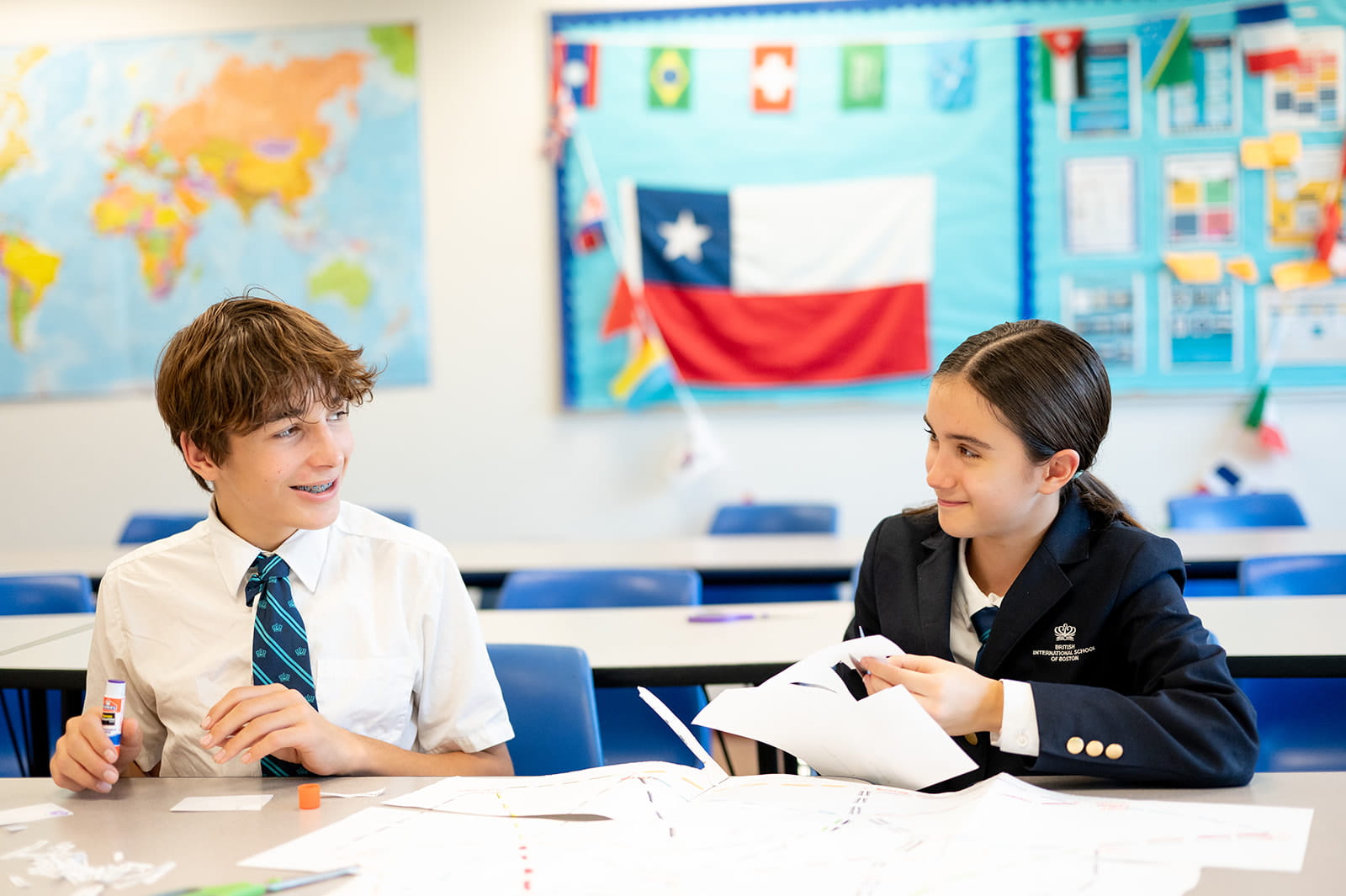We use cookies to improve your online experiences. To learn more and choose your cookies options, please refer to our cookie policy.


Summer is a time for relaxation, fun, and family adventures. But for students, especially those in private school settings where high academic expectations are the norm, it can also bring an unexpected challenge: summer learning loss.
What is Summer Learning Loss?
Summer learning loss refers to the decline in academic skills and knowledge that students experience during the long break from school, typically over the summer months. When children take a break for two or more months without engaging in educational activities, they can lose valuable skills—especially in math, reading, and writing.
Research shows that the average student loses about one month of classroom learning over the summer. Math skills tend to regress the most, followed by reading comprehension and writing fluency. Education researchers have studied this phenomenon for more than a century, confirming that without intervention, summer can widen the achievement gap between students.
What Can Parents Do?
The good news? Summer learning loss is preventable. As a parent, you play a key role in helping your child maintain their academic momentum and even gain an edge for the next school year. Here’s how:
1. Create a Summer Learning Routine
You don’t need to replicate a full school day, but having a regular, short daily learning routine (30–60 minutes) can make a big difference. Incorporate time for reading, math practice, writing, and skill-building activities.
2. Use Free Online Learning Platforms
There are many free and fun resources available to keep students engaged:
- Duolingo - Practice foreign languages in a game-like environment.
- EnglishClub - Great for improving grammar, vocabulary, pronunciation, and reading.
- Multiplication.com - Helps students master math facts through games and quizzes.
- Khan Academy - Offers comprehensive lessons in math, science, and humanities for all ages.
- Storyline Online - Features actors reading children’s books aloud, perfect for younger learners.
3. Hire a Private Tutor (Even Just for a Few Weeks)
A private tutor can help your child review last year’s material, strengthen weak areas, or preview next year's curriculum. This individualized approach ensures your child gets the best support possible and also gives you a break from having to do this alone. Even a few weekly sessions can reinforce learning and boost confidence.
4. Encourage Daily Reading
- Reading for just 20 minutes a day can significantly improve vocabulary and comprehension. Here are some ways to make it more engaging:
- Get a library card and explore weekly library visits.
- Start a summer reading log to track progress and set goals.
- Let children choose books that align with their interests - graphic novels, biographies, and non-fiction all count!
5. Incorporate Learning into Everyday Activities
- Cooking together can reinforce fractions and measurements.
- Road trips and vacations offer opportunities to learn about geography, history, and culture.
- Gardening and nature walks can be fun ways to explore biology and environmental science.
6. Promote Writing for Purpose
Encourage your child to keep a journal, write letters or emails to relatives, or create stories. Writing with purpose improves clarity, spelling, and organization.
7. Join a Summer Program or Academic Camp
Many private schools, local libraries, museums, and universities offer educational summer camps that combine learning and fun.
The Bottom Line
Summer learning loss is real - but it’s also preventable. With a little structure, creativity, and the right tools, your child can return to school in the fall not only refreshed but ahead of the curve. By being proactive this summer, you’re not just preventing a slide - you’re setting your child up for success.
Let this summer be one of growth, exploration, and academic confidence!